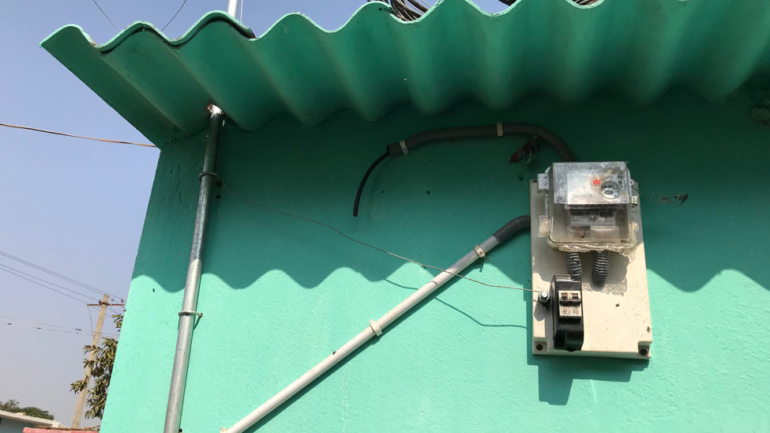Blog

Despite its mineral wealth, Jharkhand is one of India’s poorest states. The 40 million Indians living in Jharkhand have few economic opportunities besides agriculture and mining. One important reason for the state’s economic stagnation is the lack of reliable electricity supply. Without adequate power, industrial growth is very difficult.
I visited Jharkhand in January 2019 and met with senior regulators, distribution company leadership, and local civil society. I visited villages in multiple districts and interviewed households and farmers. The visit underscored the difficulty of power sector reform in the state.
The state’s power sector woes do not stem from a lack of fuel. Jharkhand is home to large coal fields and supplies fuel to coal-fired power plants across the country. Instead, the problem lies with poor governance.
Similar to most other Indian states, Jharkhand’s power sector follows the hybrid model. Private generators can supply power, but transmission and distribution are owned by the state. The state’s electricity tariffs are among the lowest in India, though the government is now trying to increase them. Because of the low tariffs, distribution companies cannot cover their costs.
What is more, Jharkhand’s distribution companies have failed to curb power theft and improve billing and collection efficiency. Power theft is common in the countryside. Distribution companies fail to send electricity bills to households on time, let alone actually collect the money.
The image that accompanies this post is from a village with 400 households, all of which have an electricity meter. The problem is that not a single electricity meter in this village is actually working. The rural electrification teams followed the instructions under Prime Minister Modi’s Saubhagya scheme and installed a meter to every household, but nobody bothered to actually connect and activate the meters.
In a state like Jharkhand, the power sector problem runs deep. Increasing electricity prices is politically difficult. Moreover, it does not even solve the problem: where households are not billed or payments collected, pricing is irrelevant. Without additional revenue, distribution companies lack the resources to improve their collection and billing efficiency.
An effective power sector strategy for Jharkhand would rationalize power sector governance in the context of a broad effort to generate economic growth:
- Without effective policy to increase agricultural, industrial, and service productivity, limited electric power demand puts a heavy burden on the power sector. Without demand for their product, distribution companies will continue to struggle.
- Politics remains a key obstacle to improved power sector performance. Rationalizing electricity pricing, cracking down on power theft, and improving payment collection could enhance power sector performance under economic growth, but these reforms are hard to implement when distribution companies lack incentives to perform and regulators lack autonomy.
- For Jharkhand to pursue privatization of distribution companies in the medium term, a comprehensive economic strategy and immediate measures to improve power sector performance would be helpful. The combination of power demand growth and reduced distribution company losses would encourage private players to enter the sector.
***
Johannes Urpelainen (@jurpelai) is the Prince Sultan Bin Abdulaziz Professor and Director of Energy, Resources and Environment in the Johns Hopkins School of Advanced International Studies. He is also the Founding Director of the Initiative for Sustainable Energy Policy (ISEP).
